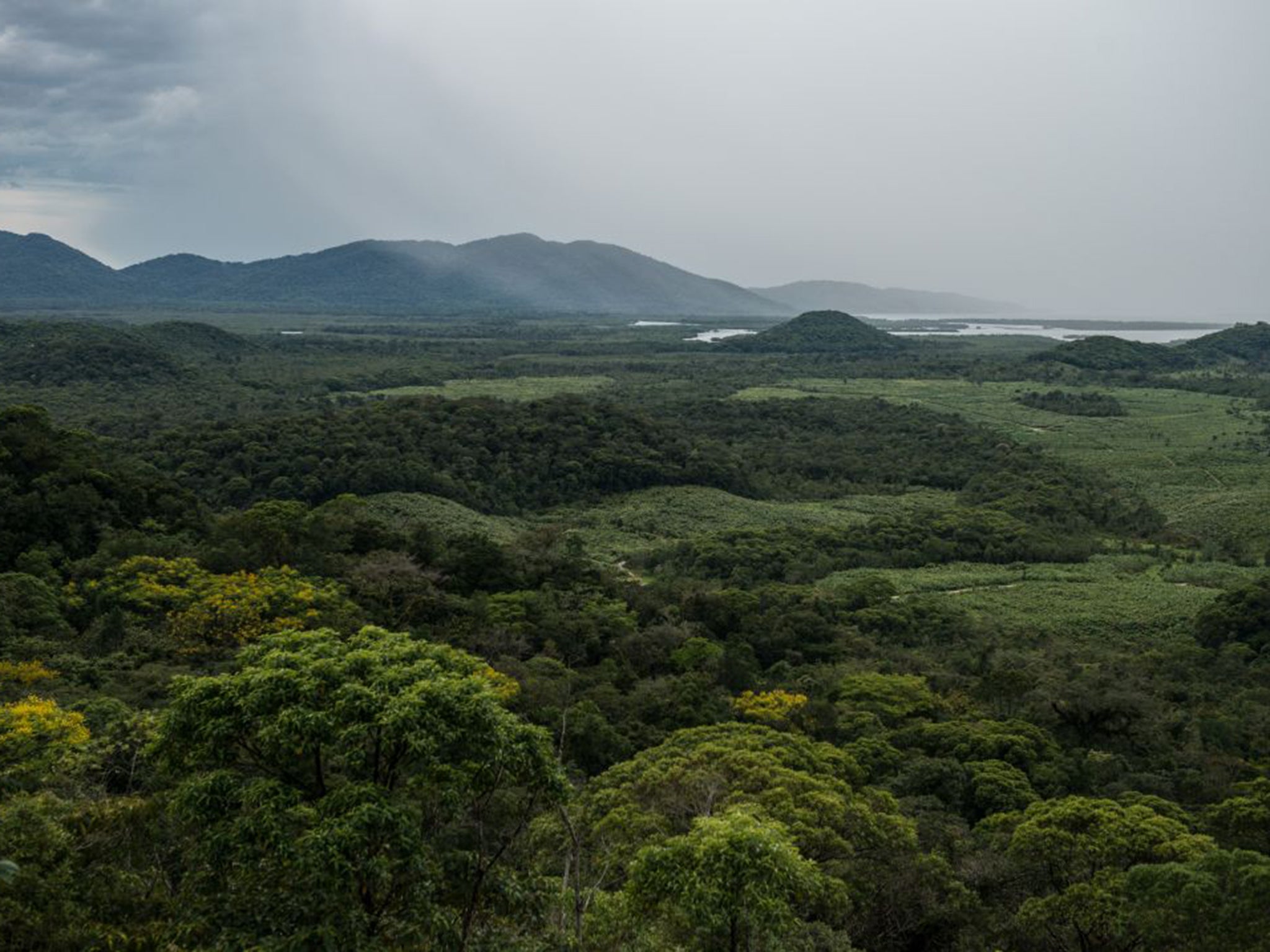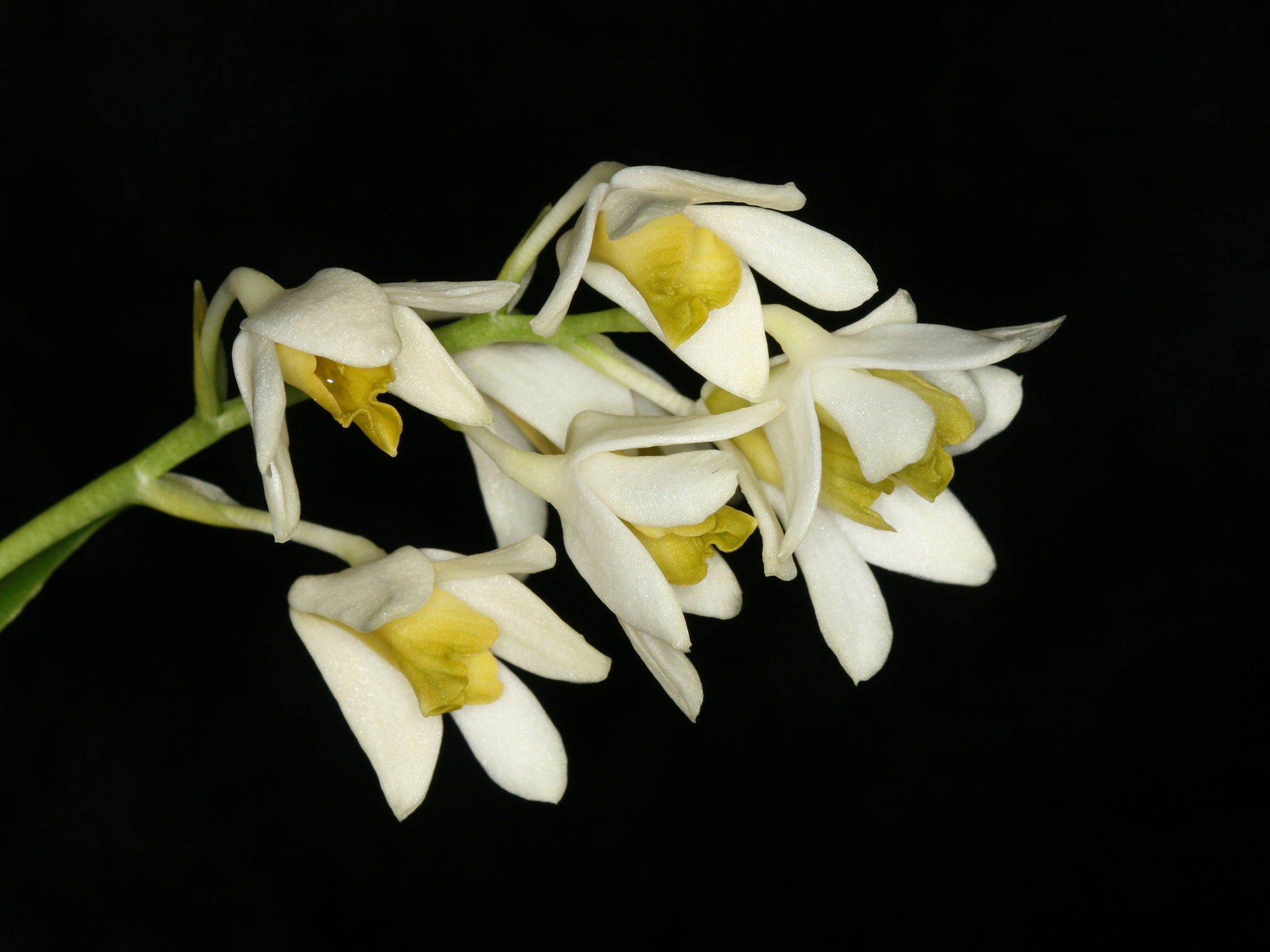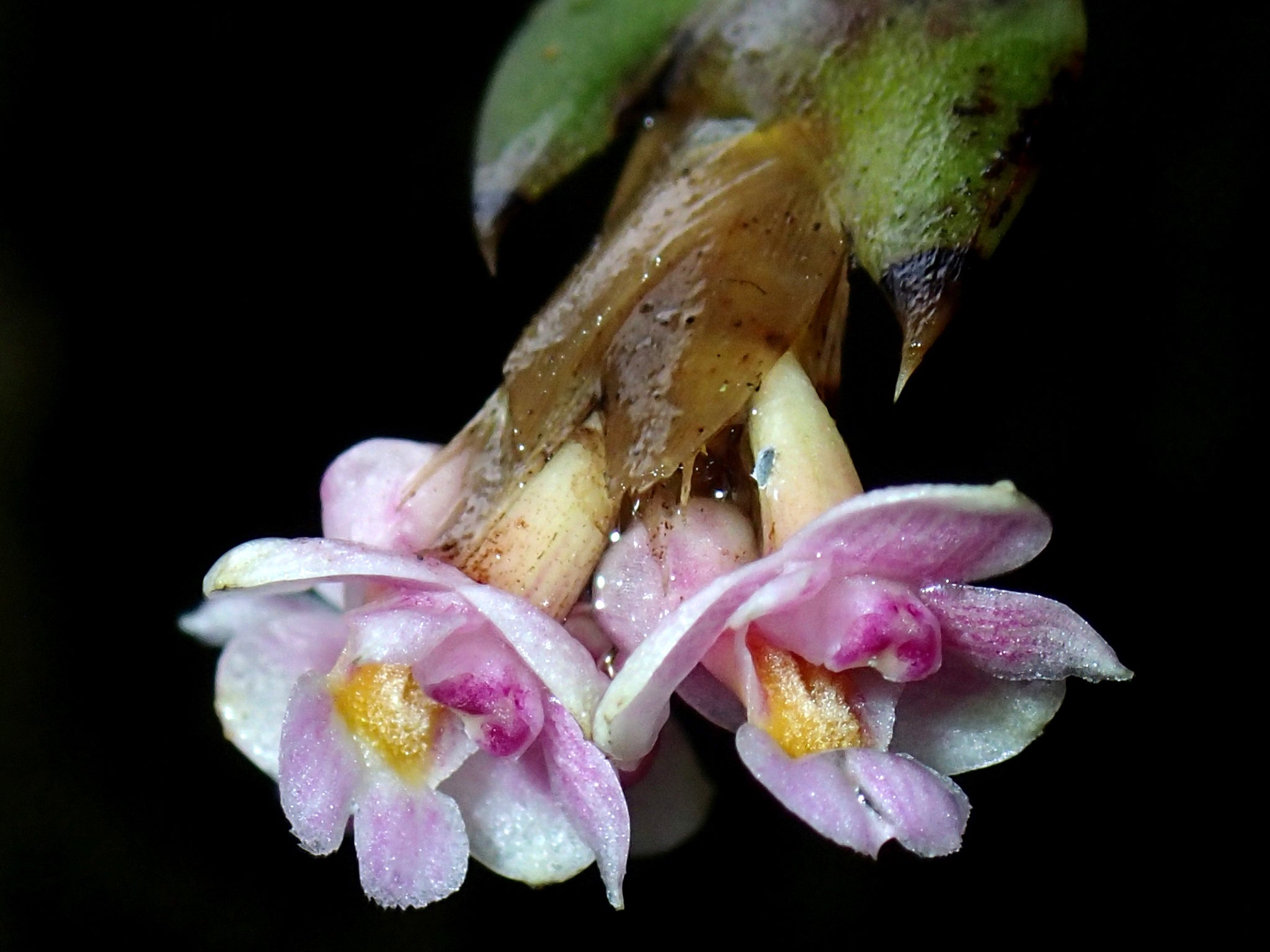Why this year's bumper harvest of new plant species has exciting implications
More than 140 species new to science were uncovered by researchers at Kew Gardens in 2015

Your support helps us to tell the story
From reproductive rights to climate change to Big Tech, The Independent is on the ground when the story is developing. Whether it's investigating the financials of Elon Musk's pro-Trump PAC or producing our latest documentary, 'The A Word', which shines a light on the American women fighting for reproductive rights, we know how important it is to parse out the facts from the messaging.
At such a critical moment in US history, we need reporters on the ground. Your donation allows us to keep sending journalists to speak to both sides of the story.
The Independent is trusted by Americans across the entire political spectrum. And unlike many other quality news outlets, we choose not to lock Americans out of our reporting and analysis with paywalls. We believe quality journalism should be available to everyone, paid for by those who can afford it.
Your support makes all the difference.A three-metre orchid, a 45-metre tree and 25 types of acanthus were among the new species of plants and fungi discovered in the past year by Kew scientists. More than 140 species new to science were uncovered by researchers at the botanic gardens in 2015, twice as many as the previous year, raising hopes that new types of medicines, essential oils and crops will be developed.
The discoveries were made across the world as botanists sought to catalogue and study unknown plants and fungi, and to determine their chemical properties. Among the most exciting are 22 new species of trees and shrubs in the myrtle family. They were identified in Brazil’s coastal rainforest, and have potential for use in medicines, perhaps as antiseptics or diuretics, and by the aromatherapy industry.
Several of the finds have potential uses in agriculture, including a type of sweet potato found in Bolivia. It was one of 18 new species belonging to the Ipomoea family – familiar to British gardeners as morning glory. The new sweet potato is unlikely to be grown as a crop in its own right, but it could be cross-bred with the commercial species to create new varieties that might be more disease-resistant or able to grow in drier or wetter areas. Specific genes might also be transferred to create genetically modified strains.
Other discoveries likely to interest commercial growers include five that are relatives of the custard apple, or sugar apple, and ylang-ylang, another important source of essential oils; these were unearthed in Malaysia and Indonesia.
The largest and heaviest discovery of the year was a tree, Gilbertiodendron maximum, which grows 45m high and has a 1.4m-diameter trunk. It grows only in Gabon and was one of eight rainforest giants located in the Cameroon-Congolian region.


Six new orchids were described by Kew researchers, including a 3-metre slipper orchid, Selenipedium dodsonii, from Ecuador. It was identified from a specimen taken from the wild decades ago and stored unnoticed in a US herbarium.
Five new species of toadstool, discovered in Europe and North America, are believed to play a vital role in the survival of some conifer forests by supplying nutrients in return for carbohydrates.
Researchers identified 25 new acanthuses, more than any other family of plants this year, while in Mozambique a small patch of land described by botanists as “highly threatened” by a French petroleum company yielded an astonishing 36 previously unknown species.
Dr Martin Cheek, a senior scientist at Kew, said finding new plants is vital. “They could be important to our survival. If we wipe them out they aren’t going to be of any help.”
Join our commenting forum
Join thought-provoking conversations, follow other Independent readers and see their replies
Comments